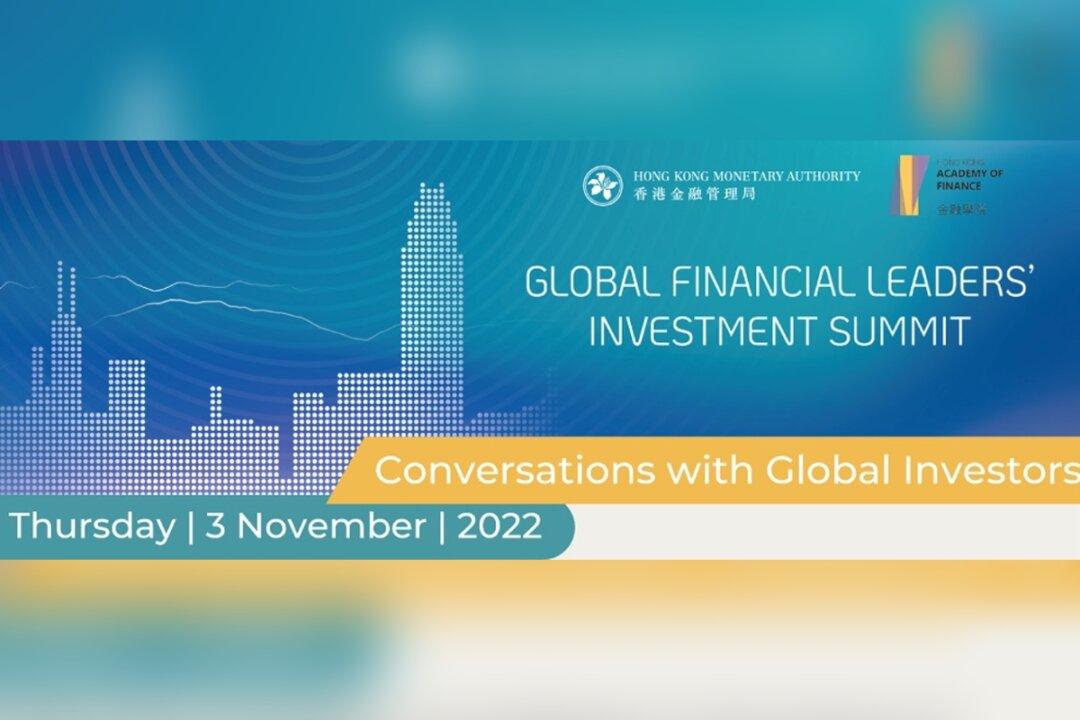The “Global Financial Leaders Investment Summit” being held Wednesday (Nov. 2) claimed to have about 200 financial leaders on its list of participants. But just a few days before the event, two of them informed the organizer that they were not coming, one due to work arrangements and the other due to physical discomfort. There were another two who said they were diagnosed with Covid-19 and indicated that they would also be absent. These eleventh-hour changes caught the Hong Kong Monetary Authority (HKMA) by surprise, forcing an urgent update to the summit programme and participant changes on the eve of the summit.
Barclays Chief Executive C.S. Venkatakrishnan Group Cheif Executive of Barclays cancelled his trip to Asia due to work arrangements and will not be in Hong Kong to attend the “Global Financial Leaders’ Investment Summit” to be held on Wednesday (Nov.2). Also on the absentee list is Timothy Armour, chairperson, and chief executive of Capital Group, who will not attend due to ill health. In addition, Citigroup CEO Jane Fraser and Blackstone CEO Jonathan Gray will also be absent from the summit due to the confirmed COVID-19 infection. That means, in total, at least four senior executives of financial institutions who were originally scheduled to attend the meeting will not attend.




